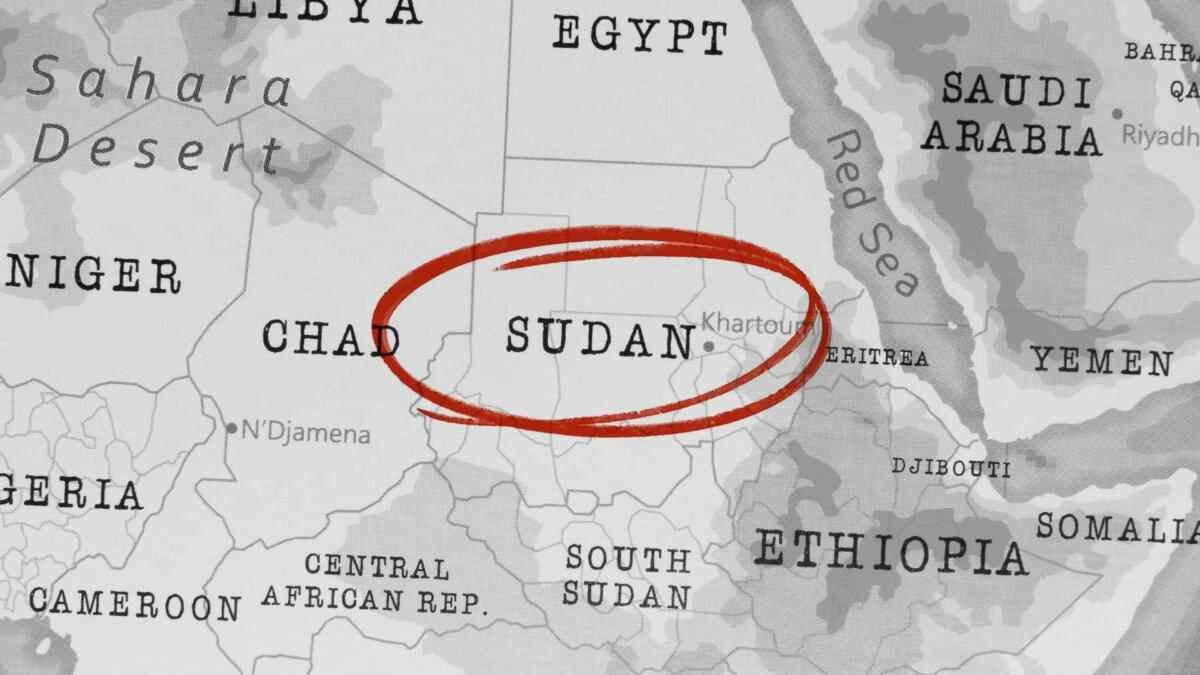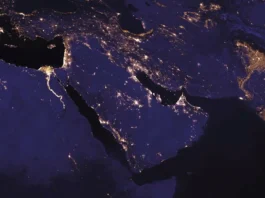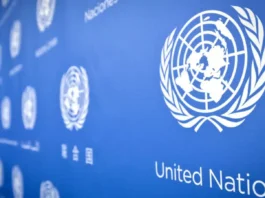Sudan is currently facing one of the most devastating internal conflicts in its modern history a violent power struggle between two rival military factions: the Sudanese Armed Forces (SAF) and the Rapid Support Forces (RSF). What began as rising political tensions erupted into full-blown warfare on April 15, 2023, leading to widespread destruction, mass displacement, and a deepening humanitarian crisis, This article explores the root causes of the Sudan conflict, its devastating impact on civilians, the global response, and what the future may hold for the war torn nation.
Who’s Fighting? The Two Forces at War in Sudan

1. Sudanese Armed Forces (SAF)
The official national army, the SAF has long been the dominant military and political force in Sudan. Historically, it has played a central role in coups and governance, including the ousting of former dictator Omar al-Bashir in 2019.
2. Rapid Support Forces (RSF)
Originally formed from the Janjaweed militias (accused of genocide in Darfur), the RSF was later integrated into Sudan’s military in 2017. However, it operates independently, with its own funding, leadership, and foreign backing. Under General Mohamed Hamdan Dagalo (Hemedti), the RSF has grown into a powerful paramilitary force, rivaling the SAF in strength and influence.
The struggle for dominance between these two factions has plunged Sudan into chaos.
What Triggered the Sudan Conflict?
The immediate cause of the conflict was a dispute over the integration of the RSF into the SAF, a key requirement of Sudan’s transition to civilian rule. However, deeper issues fueled the violence:

- Power Struggle: Both factions sought control over Sudan’s political future.
- Economic Interests: The RSF controls lucrative gold mines and smuggling routes, while the SAF dominates state resources.
- Failed Transition: After al-Bashir’s fall, promised democratic reforms stalled, leaving military factions in charge.
When negotiations over military unification collapsed, fighting erupted in Khartoum and other cities, quickly escalating into nationwide warfare.
Humanitarian Catastrophe: The Toll on Civilians
The conflict has had devastating consequences for Sudan’s civilian population:

1. Mass Displacement & Refugee Crisis
- Over 9 million people have been displaced, with 1.5 million fleeing to neighboring countries like Chad, Egypt, and South Sudan.
- Entire neighborhoods in Khartoum and Darfur have been reduced to rubble.
2. Civilian Casualties & War Crimes
- Thousands killed, including women and children, in indiscriminate shelling and airstrikes.
- Reports of ethnic violence, sexual assault, and executions by both sides.
3. Collapse of Essential Services
- Hospitals, water plants, and power stations have been destroyed or looted.
- Famine risk: The World Food Programme (WFP) warns of severe food shortages.
- Internet blackouts hinder communication and aid efforts.
4. Regional Spillover Effects
- Refugee influx strains neighboring countries.
- Arms smuggling and militia activity risk destabilizing the Sahel and Horn of Africa.
UN – Sudan, ‘the most devastating humanitarian and displacement crisis in the world’
Military Strategies: Who’s Gaining the Upper Hand?
- The SAF controls most airbases and has conducted airstrikes against RSF positions.
- The RSF dominates ground warfare, using guerrilla tactics and foreign-supplied drones.
- Sudan’s airspace remains contested, disrupting aid and evacuation efforts.

Despite multiple ceasefire attempts, neither side has secured a decisive victory, prolonging the suffering of civilians.
Global Response: Is the World Doing Enough?
The international community has been slow to act, with limited diplomatic and humanitarian intervention:
- UN & AU Efforts: Repeated failed ceasefire agreements.
- US & Saudi Arabia: Mediation attempts in Jeddah, but no lasting peace.
- Humanitarian Aid Shortages: Funding gaps leave millions without food or medical care.
Critics argue that Sudan’s crisis is being overlooked due to other global conflicts, such as Ukraine and Gaza.
What’s at Stake? The Future of Sudan
If the conflict continues, Sudan faces:
- Total state collapse and fragmentation.
- Rise of extremist groups exploiting the chaos.
- Permanent humanitarian disaster, with famine and disease spreading.
The only viable solution is a negotiated peace, demilitarization, and a return to civilian rule but time is running out.
Final Thoughts: Will Sudan Survive This War?
Sudan’s conflict is more than a power struggle it’s a human tragedy with global repercussions. Without urgent international intervention, the country risks becoming a failed state, destabilizing the entire region.
The world must act now to:
✔ Increase humanitarian aid
✔ Enforce arms embargoes
✔ Pressure both sides into meaningful peace talks
The future of Sudan hangs in the balance and the time to act is now.




